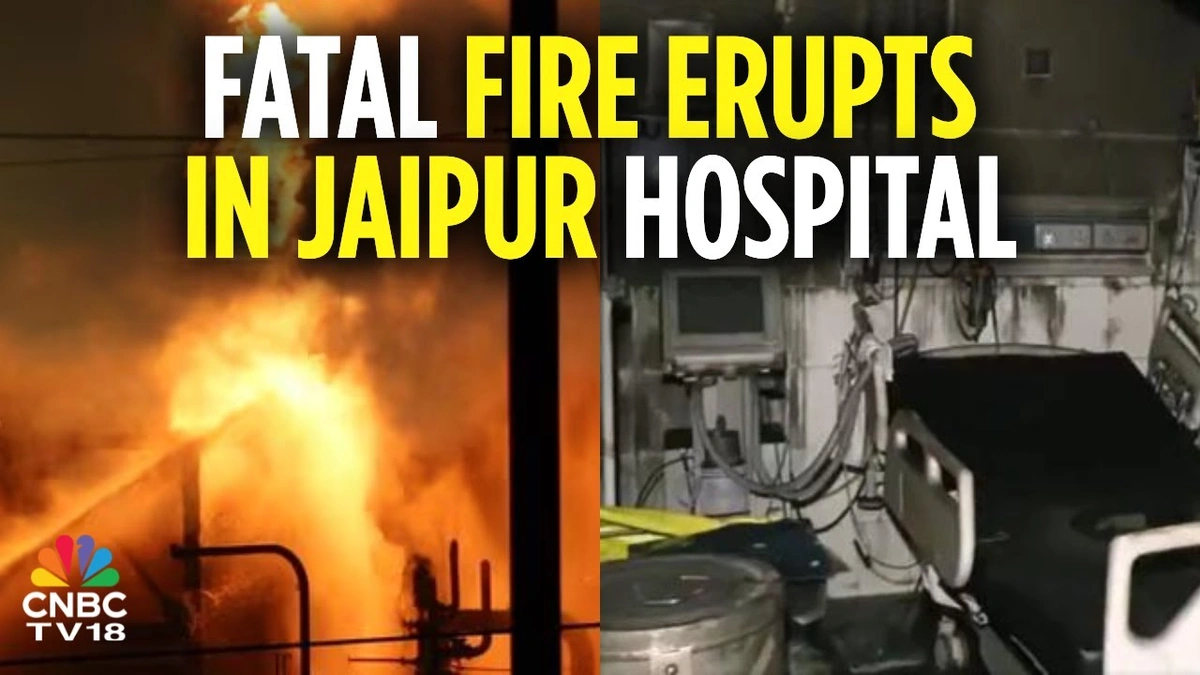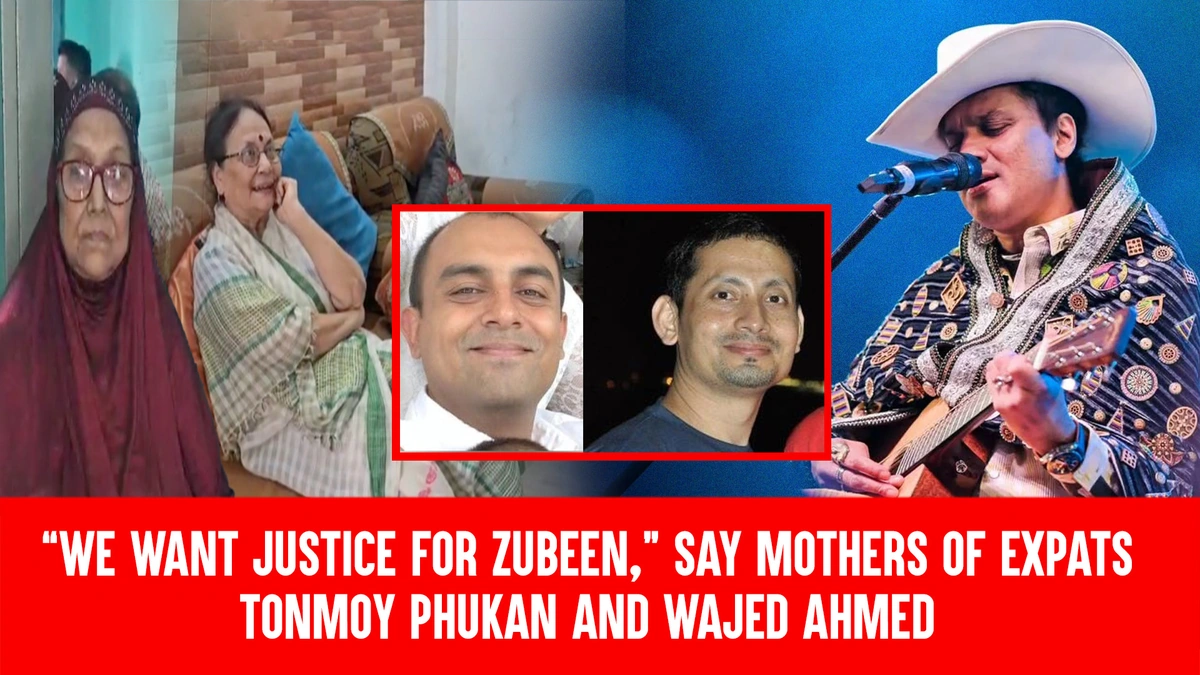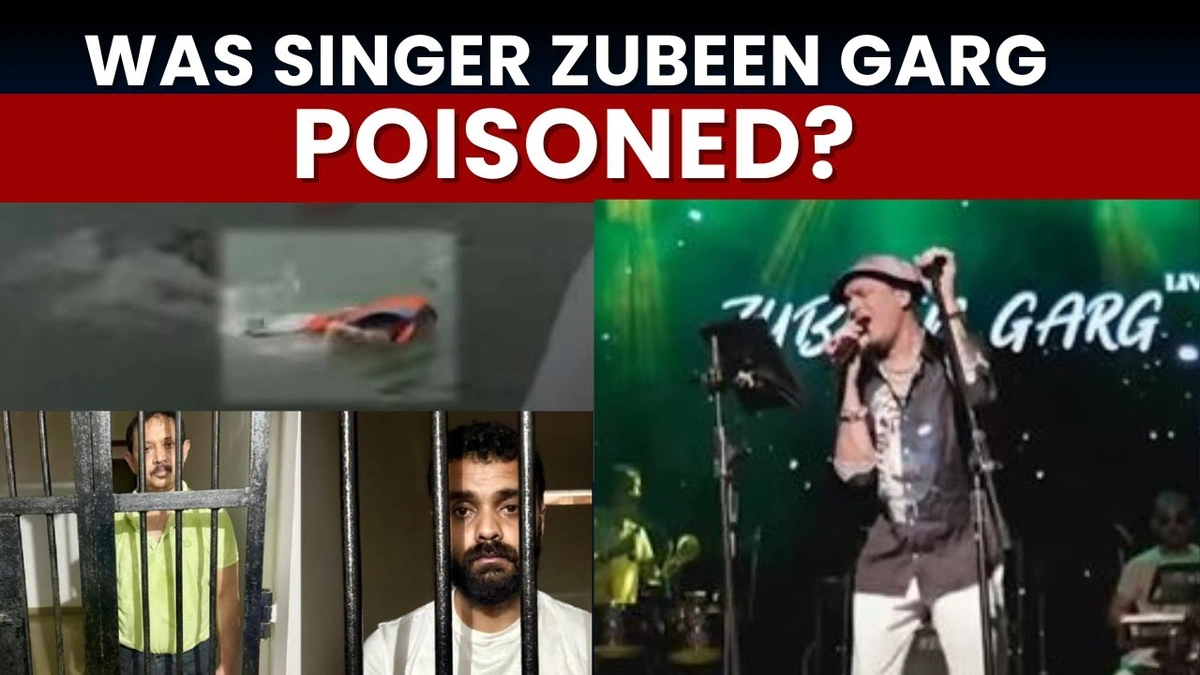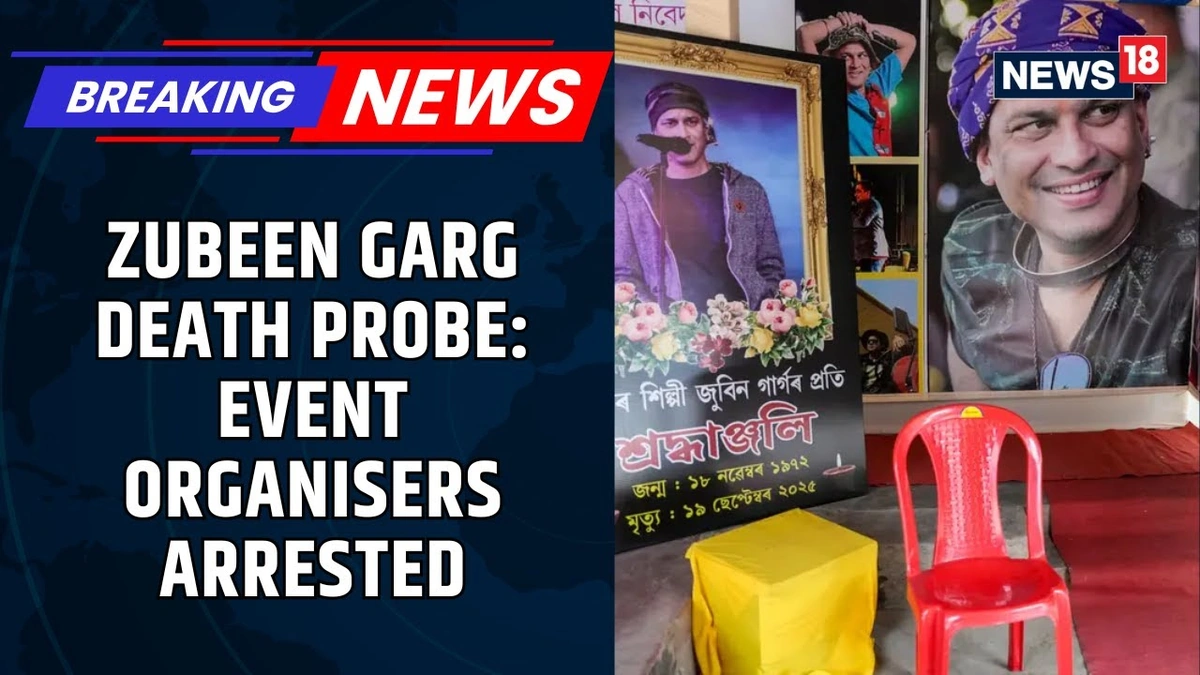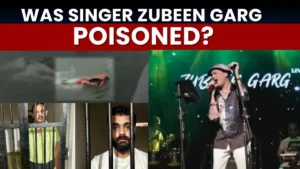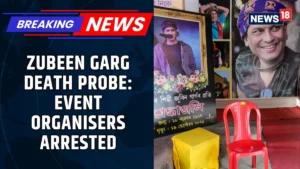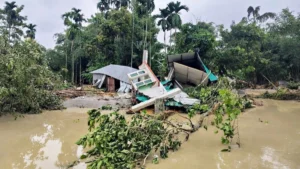Jaipur Hospital Fire | JP Nadda, Priyanka Gandhi Demand Action and Relief
The news coming out of Jaipur is grim. A fire at a hospital, lives potentially lost, and the inevitable blame game that follows. But here’s the thing: a news report only scratches the surface. What’s the real impact of a tragedy like the Jaipur Hospital Fire ? What does it reveal about the state of healthcare in India, and what can we – the ordinary citizens – demand to ensure this never happens again? Politicians like JP Nadda and Priyanka Gandhi demanding action is one thing, but sustainable change comes from understanding the underlying issues. Let’s dive in.
Why Hospital Fires Happen | More Than Just “Accidents”
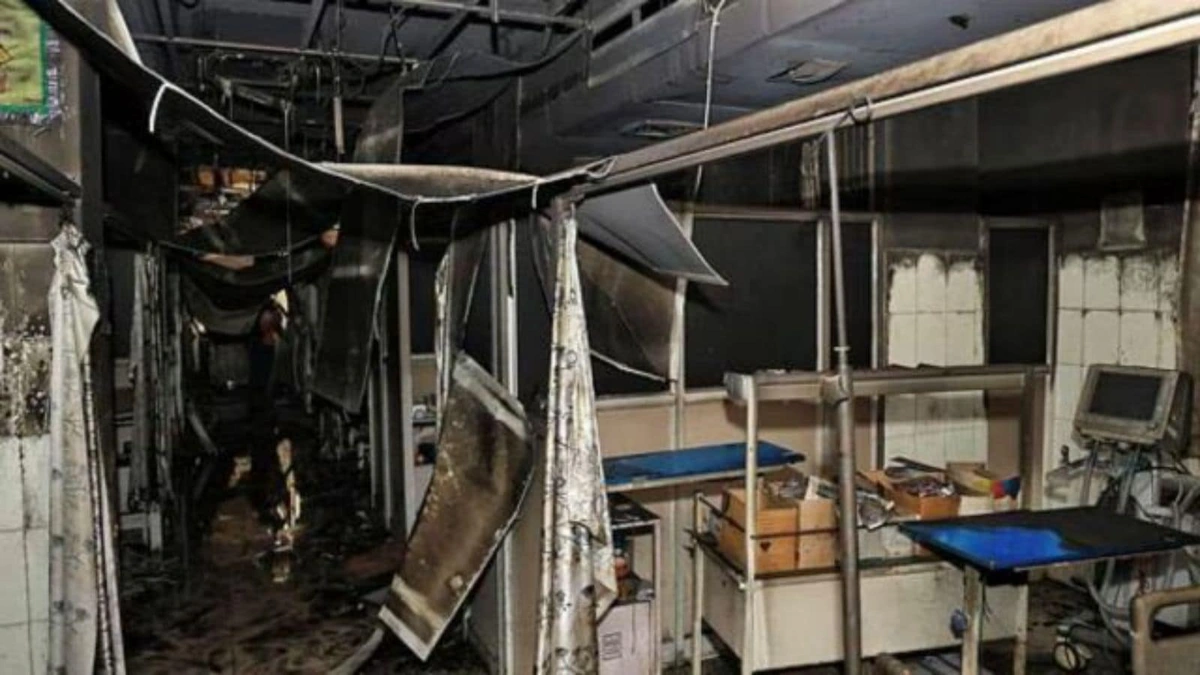
It’s easy to dismiss these incidents as isolated accidents. But that’s rarely the whole story. A common mistake I see is that most hospitals don’t follow fire safety guidelines properly. And, let’s be honest, corners get cut. Regulations aren’t enforced strictly enough, and resources are often lacking. Often, it boils down to a systemic problem: a lack of prioritization for safety measures. The real question is, can India truly afford to neglect patient safety? According to the National Crime Records Bureau (NCRB) ,Accidental deaths due to fire incidents are a frequent occurence in India , and hospitals must be better equipped to combat any accidents. What fascinates me is why these guidelines, often meticulously crafted, aren’t implemented effectively on the ground.
The Human Cost | Beyond the Headlines
We often get caught up in the politics and the investigations, we forget the human element. Families are shattered, lives are irrevocably altered. Beyond the statistics, there are individuals – mothers, fathers, children – whose worlds have been turned upside down. It’s about more than just the immediate victims, it’s the long-term trauma inflicted on the community. And that’s something that a press release from a political party simply can’t capture. It is important to note that the families of the deceased are entitled to relief and compensation from the government.
And here’s another thing, the emotional impact goes beyond just the families of the victims; it ripples through the entire hospital staff, the first responders, and even the wider community.
What Action is Needed | A Practical Guide to Prevention
So, what concrete steps can be taken? It’s not enough to just demand action; we need to define what action looks like. Here’s a practical guide:
- Mandatory and Regular Fire Safety Audits: This isn’t a one-time thing. Hospitals need to undergo regular, unannounced fire safety audits conducted by independent experts. A common mistake I see is that hospitals consider this as an afterthought.
- Investment in Fire Safety Infrastructure: Fire-resistant materials, sprinkler systems, and well-maintained fire extinguishers are not luxuries; they’re necessities. And let’s be honest, many hospitals in India are operating with outdated infrastructure.
- Staff Training and Drills: Every member of the hospital staff needs to be trained on fire safety protocols and evacuation procedures. Regular drills are crucial to ensure that everyone knows what to do in an emergency. I initially thought this was straightforward, but then I realized that the lack of adequate training is rampant.
- Public Awareness Campaigns: Educate the public about fire safety and what to do in case of a hospital fire. This empowers individuals to take proactive measures.
The Role of Political Parties | Beyond the Soundbites
JP Nadda and Priyanka Gandhi demanding action is a start, but what real commitment are they making? Are they willing to push for policy changes, allocate resources, and hold those responsible accountable? Or is this just political posturing? Let’s be honest; it’s easy to make statements after a tragedy. The real test is whether these leaders are willing to take sustained action to prevent future incidents. But, let’s also remember that political statements often lack context , so it is important to think for ourselves.
Holding Hospitals Accountable | Legal and Ethical Imperatives
Ultimately, hospitals must be held accountable for ensuring the safety of their patients. This means implementing strict penalties for non-compliance with fire safety regulations. Let me rephrase that for clarity: there needs to be a clear legal framework that holds hospitals responsible for negligence. But, the families of the victims must be provided with access to justice and compensation.
A robust mechanism for investigating incidents and prosecuting those responsible is crucial. It is imperative to enforce stringent consequences. According to the guidelines mentioned in the information bulletin , a hospital fire is a direct violation of patient safety.
FAQ Section
Frequently Asked Questions
What are the most common causes of hospital fires in India?
Electrical malfunctions, faulty equipment, and a lack of proper fire safety measures are major contributors.
What can I do to ensure my loved ones are safe in a hospital?
Inquire about the hospital’s fire safety protocols and evacuation plans. Also, identify the nearest fire exits upon admission.
What compensation is available for victims of hospital fires?
Compensation amounts vary depending on the severity of the injury or loss of life. Legal recourse may be necessary to secure adequate compensation.
What if I see a potential fire hazard in a hospital?
Report it immediately to the hospital staff and, if necessary, to the local fire department. Do not hesitate.
How can I support families affected by hospital fires?
Donate to reputable charities that provide assistance to victims and their families. Offer emotional support and advocacy.
The Jaipur Hospital Fire is a tragedy, but it can also be a catalyst for change. By understanding the underlying causes, demanding accountability, and taking proactive measures, we can help prevent future incidents and ensure that hospitals are safe havens for healing, not potential death traps. The safety of our healthcare facilities should be a top priority .
